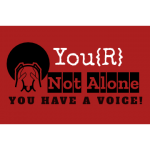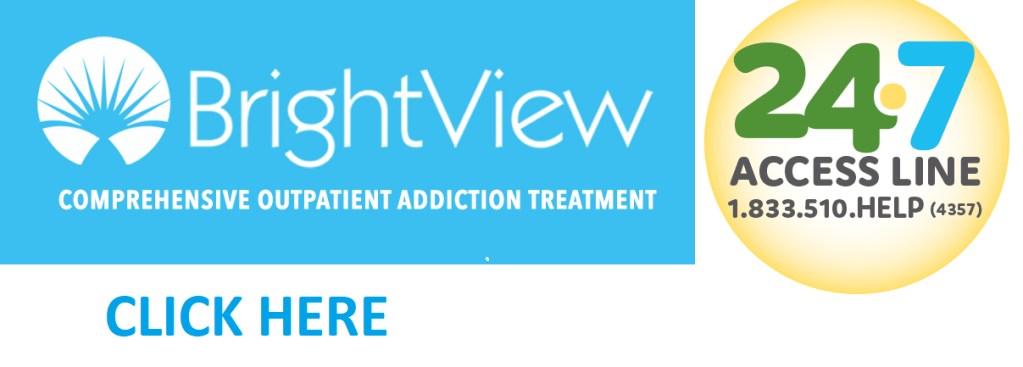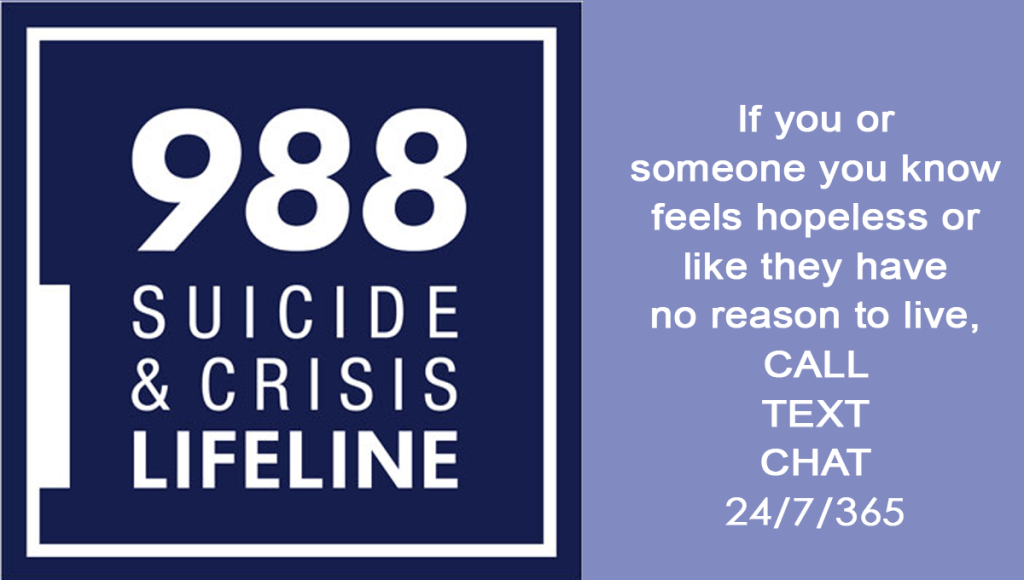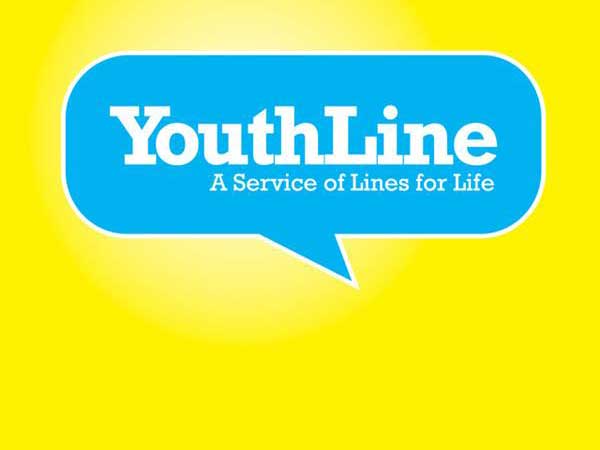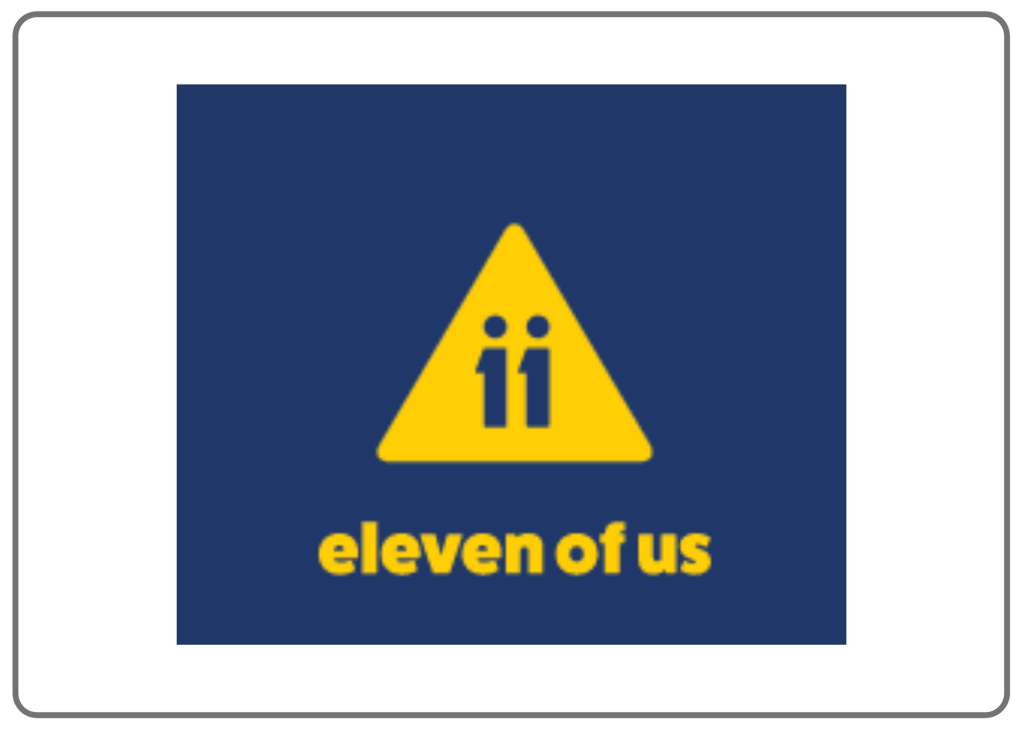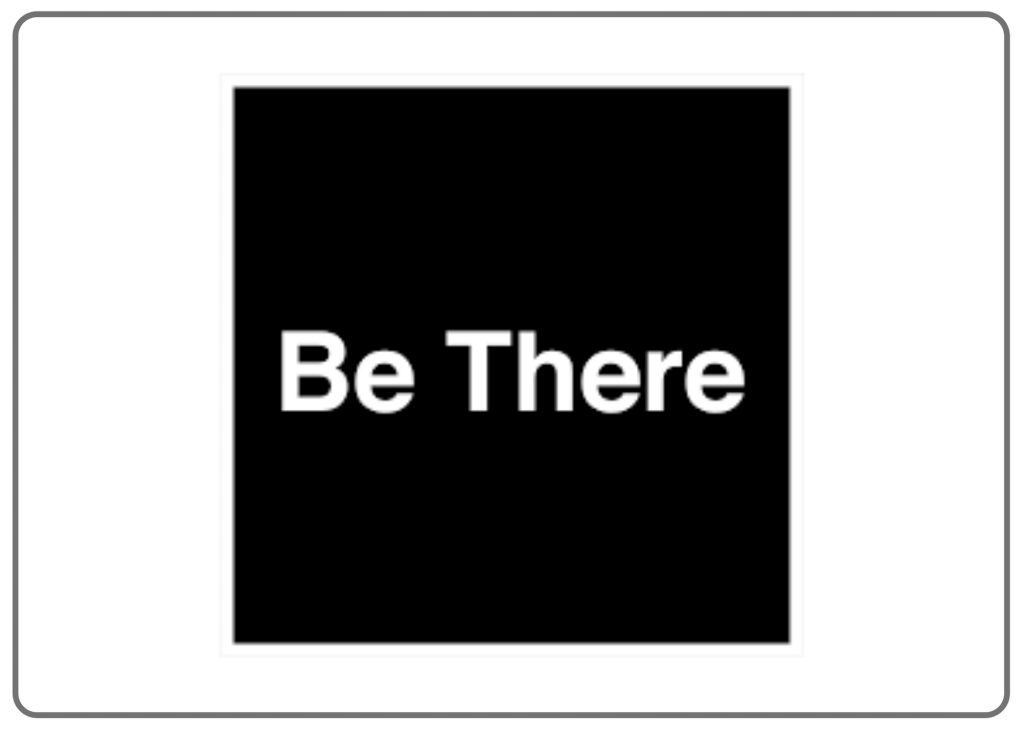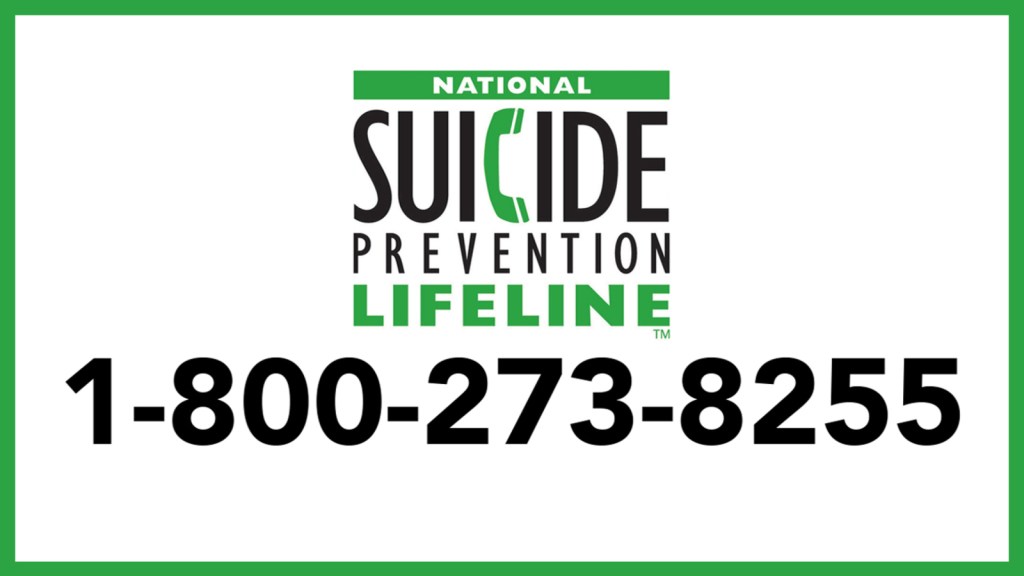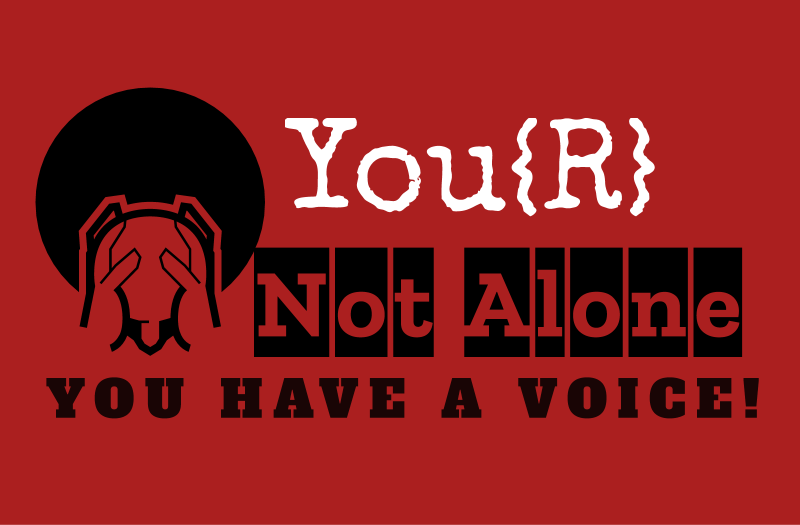
Latest from the Blog
Strong Foundations Take Time
I’ve learned something the hard way: if the foundation isn’t strong, everything built on top of it will eventually crack. For years, I tried to stack success on top of instability. I wanted the job.The money.The recognition.The next step. But underneath all of that, I wasn’t healthy. Not mentally. Not physically. Not spiritually. And…
Keep readingWhy I’m Okay Being a Little Behind
I used to panic when I felt behind. If I missed a day, I felt like I was failing.If I didn’t keep up, I’d start beating myself up.And once that spiral started, it didn’t just mess with my schedule — it messed with my mindset. But I’m learning something now that I honestly wish…
Keep readingRebuilding the Right Way This Time
There was a time in my life when I tried to fix everything at once. If something was broken, I attacked it.If I fell behind, I rushed harder.If I felt pressure, I doubled down. And most of the time, that led me right back into chaos. What I’m learning now — the hard way,…
Keep readingSubscribe below and get new content delivered directly to your inbox.
- If you or someone you know is struggling or in crisis, help is available. Call or text 988 or chat 988lifeline.org.
- To learn how to get support for mental health, drug, and alcohol issues, visit FindSupport.gov.
- To locate treatment facilities or providers, visit FindTreatment.gov or call SAMHSA’s National Helpline at 800-662-HELP (4357).
You {R} Not Alone
Real support. Real resources. Real people — walking with you toward healing.
Welcome — you’ve just found a mental health resource center built on honesty, compassion, and lived experience. You {R} Not Alone was founded by Josh Bridges, a mental health advocate who knows how heavy the journey can feel. This site is a safe, stigma-free place where anyone struggling with mental health can find guidance, tools, and a community that listens.
- Practical resources: crisis lines, therapist directories, rehab & recovery supports.
- Guides & tools: coping strategies, self-care practices, and step-by-step help to find care.
- Community & connection: stories, peer support, and respectful conversation — because connection heals.
If you need more immediate or personal help, reach out — we’re here to listen.
Message on Facebook https://www.facebook.com/youRnotaloneyouhaveavoiceOr email: yournotalone.life@gmail.com
Together we break the silence, end the stigma, and build a kinder community. You are seen. You are heard. You are not alone.
© You {R} Not Alone — Founded by Josh Bridges
Finding Light in the Lonely Season
The holidays are often pictured as a time of laughter, family, and warmth — but for many, this season brings quiet battles that go unseen. Behind the twinkling lights, some hearts ache from loss. Some minds wrestle with depression or anxiety. Some people simply feel forgotten in a world that seems too busy to notice their pain.
If that’s you — please know this: you are not alone.
The holidays can stir up memories of people we’ve lost, mistakes we’ve made, or moments we wish we could change. The weight of expectations can make even the smallest things feel heavy. But the truth is, you don’t have to fake a smile or pretend everything is perfect. Healing doesn’t come from pretending — it comes from being honest about how you feel and letting others walk beside you.
Take a moment to breathe. To pray. To rest. Let yourself feel what you feel without judgment. God’s love isn’t limited to joyful moments — it shines brightest in the dark ones. He meets us in the silence, the tears, and the late nights when we don’t know how to keep going.
“The light shines in the darkness, and the darkness has not overcome it.” — John 1:5
If you’re struggling this holiday season, reach out. Talk to someone. Whether it’s a friend, a counselor, a pastor, or a support line — connection is what brings light back into the room.
You don’t have to face the holidays alone. Here at You {R} Not Alone, we’re walking through the season with you — offering compassion, understanding, and hope. Because even in the coldest times of the year, light still breaks through.
“This season, give yourself grace. Healing is a gift too.”
By Founder: Josh Bridges
Get new content delivered directly to your inbox.
If you or someone you know is struggling with depression, suicide, addiction, or any other mental health issues, please don’t hesitate to seek help. Reach out to a helpline, attend a support group, talk to your doctor, therapist, counselor, friend, or family member. The National Hopeline Network and Suicide & Crisis Helpline can be reached at 988. Remember, you’re not alone, and there’s always someone ready to listen and support you.
NEED A MEETING, THERE ARE SUPPORT GROUPS OF ALL KINDS ONLINE. CLICK BELOW AND FIND OUT MORE!
ALCOHOLICS ANONYMOUS
Daily Reflections

Just For Today
Daily Meditations for Recovering Addicts
Copyright (c) 2007-2023, NA World Services, Inc. All Rights Reserved
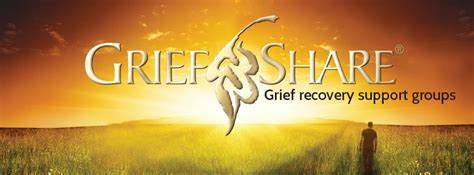
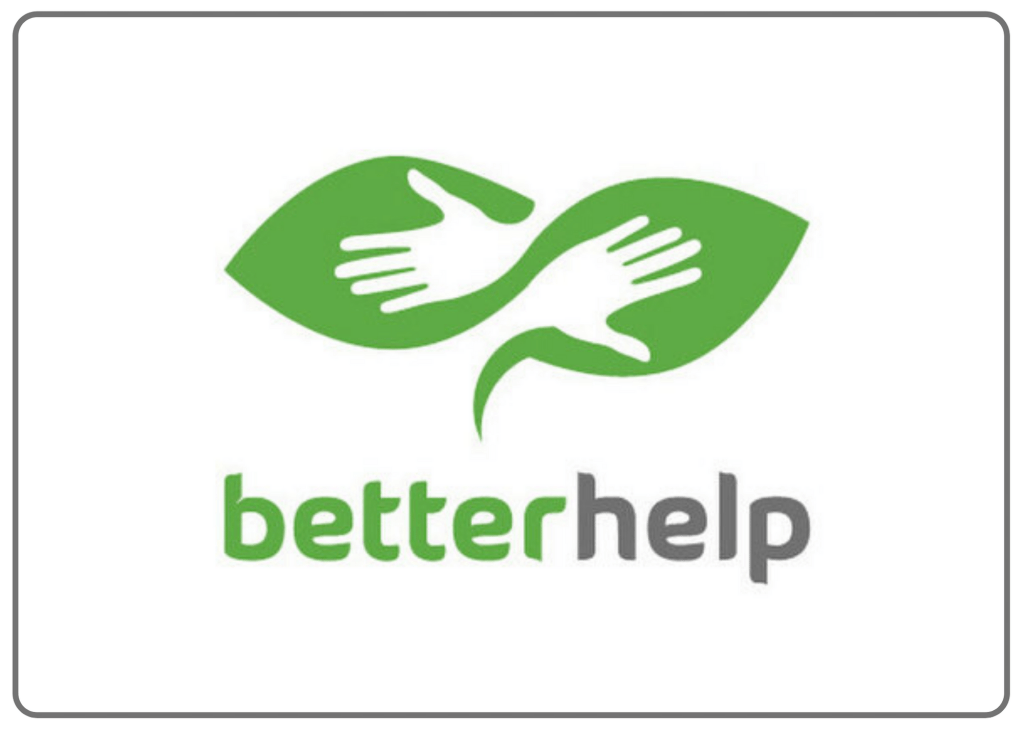
Making professional counseling accessible, affordable, convenient – so anyone who struggles with life’s challenges can get help, anytime, anywhere. Counseling is available for individuals, couples and teens.


© 2021 YOU {R} NOT ALONE YOU HAVE A VOICE ALL RIGHTS RESERVED. NOT ASSOCIATED WITH ALCOHOLICS OR NARCOTICS ANONYMOUS.
